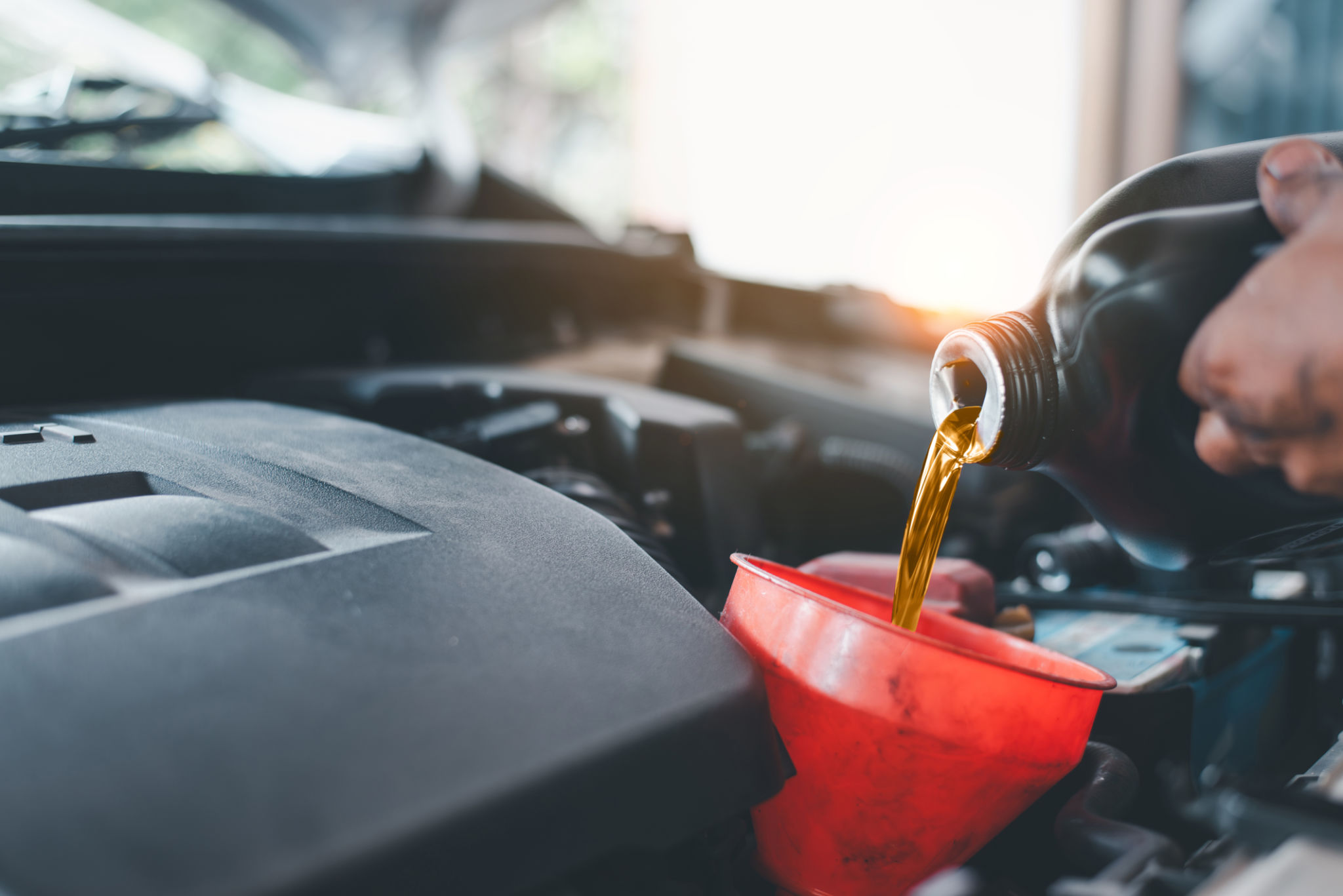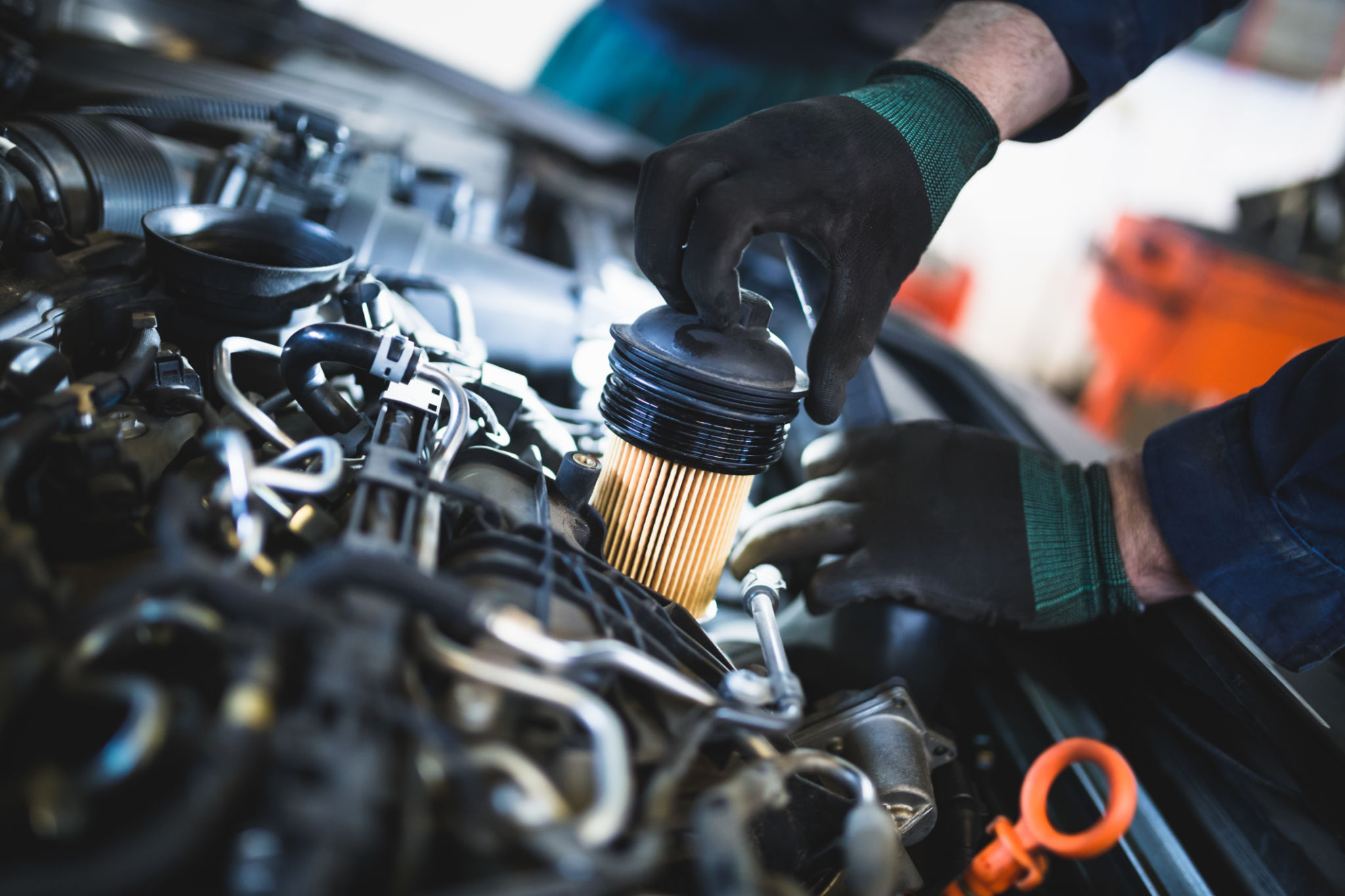Buying a Used Japanese Car: Essential Maintenance Tips
Understanding the Basics of Japanese Cars
Japanese cars are renowned for their reliability, efficiency, and longevity. Brands such as Toyota, Honda, and Nissan have built a strong reputation worldwide. When buying a used Japanese car, it is crucial to understand its basic mechanics and performance features. This knowledge will help ensure that you maintain the car effectively and enjoy years of trouble-free driving.

Initial Inspection and Documentation
Before finalizing the purchase of a used Japanese car, conduct a thorough inspection. Check the vehicle's exterior for any signs of damage or rust. Also, inspect the interior for wear and tear. Ensure that all features such as air conditioning, navigation systems, and audio systems are functioning properly.
Request the car's service history and maintenance records. A well-documented maintenance history is a good indicator of how well the previous owner cared for the vehicle. Look for regular oil changes, brake inspections, and tire rotations in the records.
Routine Maintenance Tasks
Oil Changes and Fluid Checks
Regular oil changes are crucial to keep your engine running smoothly. Check the owner's manual for the recommended oil type and change intervals. In addition to oil changes, regularly check and top up other vital fluids such as coolant, brake fluid, and transmission fluid.

Tire Maintenance
Proper tire maintenance is essential for safety and fuel efficiency. Inspect your tires regularly for wear patterns and ensure proper inflation. Rotate your tires every 5,000 to 7,500 miles to ensure even wear across all tires. This simple step can significantly extend the life of your tires.
Addressing Common Issues
Brake System Checks
The brake system is one of the most critical safety features in your car. Listen for any unusual noises when braking, such as squealing or grinding, which may indicate worn brake pads or rotors. Have your brakes inspected by a professional if you notice any issues.

Battery Maintenance
A reliable battery is vital for ensuring your car starts every time. Check the battery terminals for corrosion and clean them if necessary. Regularly test your battery's charge level and replace it if it shows signs of weakness.
Long-Term Care
Regular Professional Inspections
While you can handle many maintenance tasks yourself, it’s wise to schedule regular inspections with a professional mechanic. They can spot potential issues before they become major problems, saving you time and money in the long run.

Preserving Resale Value
Maintaining your car not only ensures its longevity but also helps preserve its resale value. Keep records of all maintenance and repairs as potential buyers will appreciate a well-documented service history. Regular cleaning and detailing can also enhance your car's appearance and value.
In conclusion, owning a used Japanese car can be a rewarding experience with the right approach to maintenance. By following these essential tips, you can ensure that your vehicle remains reliable and efficient for many years to come.